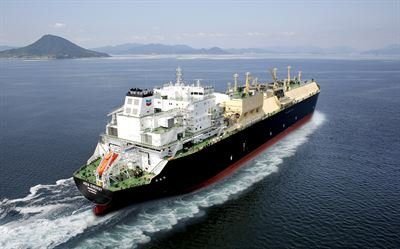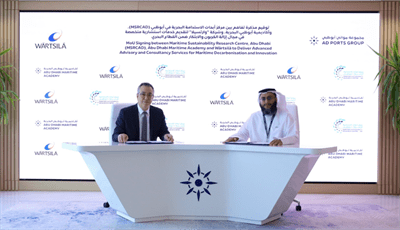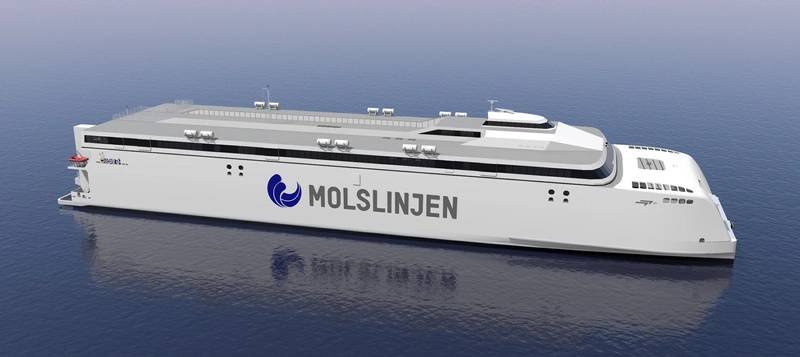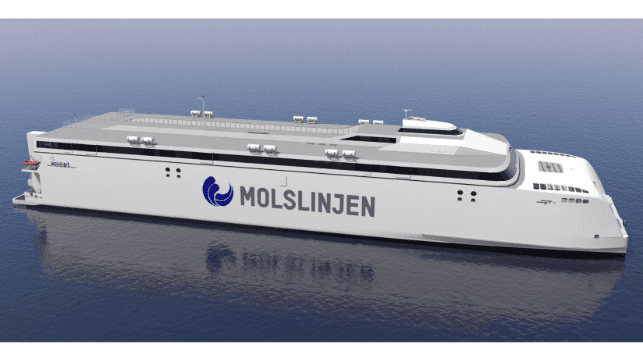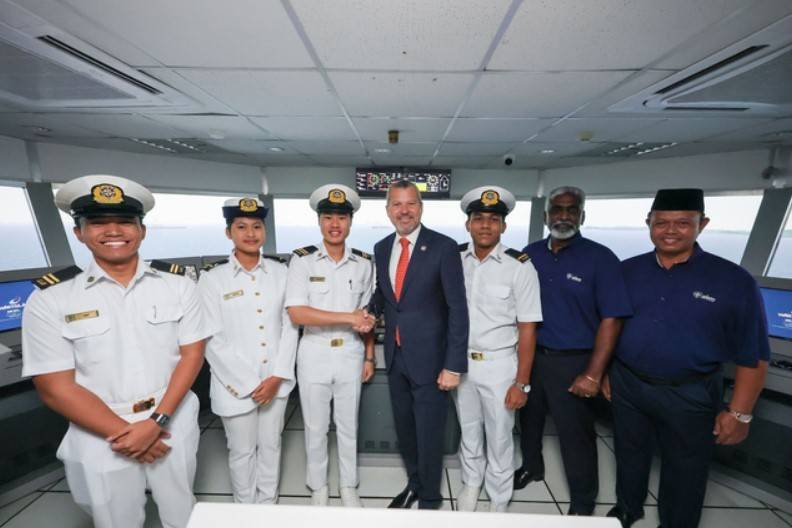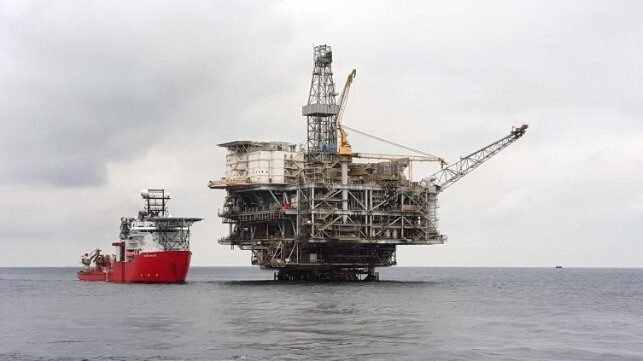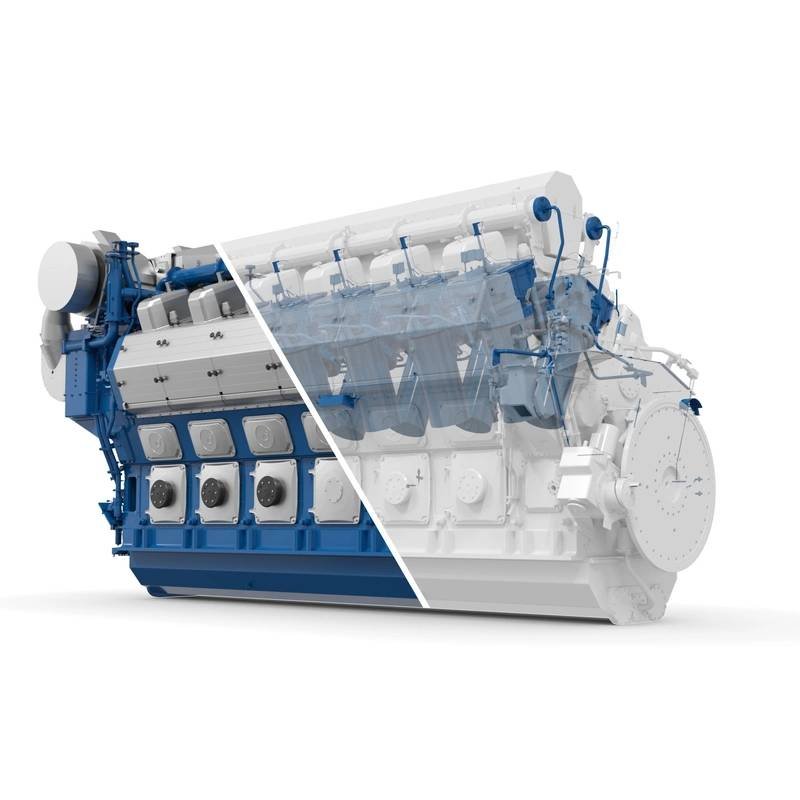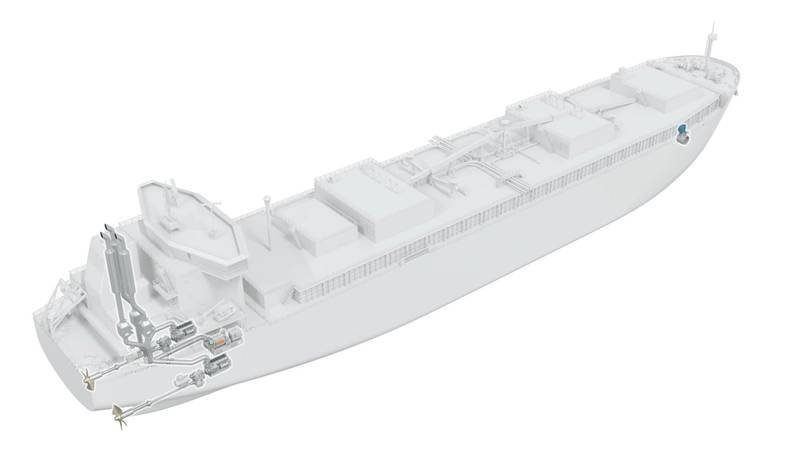Wärtsilä, in collaboration with Chevron Shipping Company LLC, is set to convert one engine on six of Chevron Transport Corporation Ltd.’s LNG Carriers from dual-fuel to spark gas operation. This initiative aims to reduce greenhouse gas emissions by minimizing methane slip, supporting Chevron Shipping’s efforts to lower the carbon intensity of its operations. The project, marking a first in the marine industry, was made possible after two years of partnership between the companies, with the first two vessel conversions scheduled for Q3 2024.
LNG combustion as a fuel can result in methane slip, where unburned methane escapes into the atmosphere, contributing to greenhouse gas emissions. Addressing methane emissions is crucial for reducing carbon intensity, and Wärtsilä’s conversion project from 50DF to SG engines is designed to optimize combustion and decrease methane slip. This innovative approach enhances efficiency and aligns with Chevron Shipping’s commitment to reducing methane emissions intensity in its LNG fleet for a more sustainable future.
Barbara Pickering, President of Chevron Shipping, highlights the company’s dedication to lowering carbon intensity in marine transportation through collaboration with Wärtsilä on this groundbreaking project. Roger Holm, President of Wärtsilä Marine, emphasizes the importance of reducing methane slip and advancing lower carbon fleets, showcasing Wärtsilä’s expertise in retrofitting existing installations to address methane emissions from vessels. This new technology complements Wärtsilä’s extensive portfolio of solutions aimed at reducing methane emissions and enhancing environmental performance in the maritime industry.


